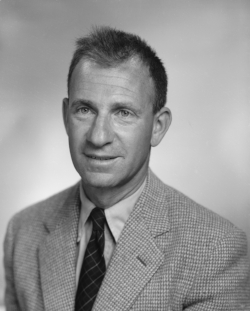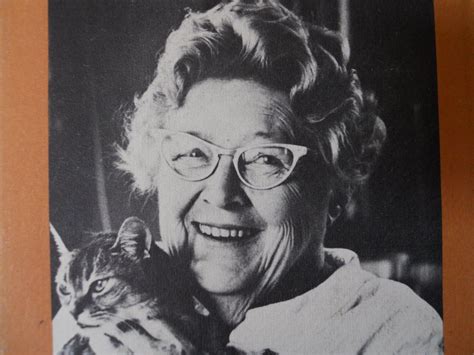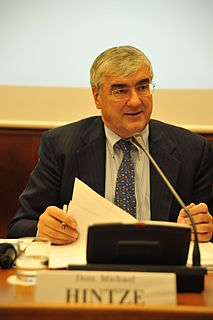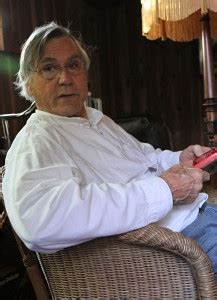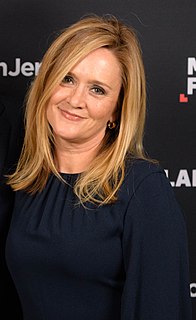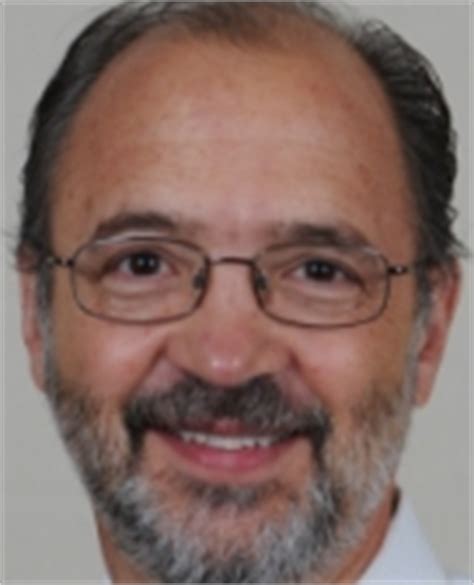A Quote by Walter Munk
This is going to be a difficult few hundred years. No matter what we do, we have to give up some of the advantages of the wealthy Western nations and help out people who are less fortunate. That is the key. I think we can do it if we have more compassion for one another.
Related Quotes
I resolve to be more patient, less selfish, cherish my friends, and in my small way help whoever needs help. I cannot conceivably influence the world's destiny, but I can make my own life more worthwhile. I can give some help to some people; that is not vital to all the world's problems and yet, I think if everyone did just that, we might see quite a world in our time!
How you ask for help is secondary to the fact that you ask for help. Some people say, "I am going to command God for help." Some people say, "I want to affirm that God help." Other people prefer prayers of supplication, in which they implore, "Please, God, help me." It all works. It doesn't matter whether you say the prayer out loud, think it, yell it, scream it, write it, sing it - it's all the same.
We're also optimistic about the future, but only if we do a few things.And that's a big difference in this campaign between Donald Trump's campaign and mine. And I think that's going to begin to matter a lot more now because there are less people in the race and more time to pay attention to some of that.
Now I'm taking some classes, I'm going to school for film, and I think I'm going to end up back in the industry in one capacity or another. I'm not sure where just yet. I kind of stepped away from it for a few years. I thought I was done with it. But I grew up in it. It's such a big part of my life.
I do identify with Olympic athletes quite a lot because they have to push to reach a certain plateau and some of them go on and some of them give up and some art - you know, some people are very talented in art and do a few amazing things and then give it up and go on and do other things, and others are in it for the long haul, more or less long-distance runners.
I've been a performer in the public eye for many years now and it's much darker. It feels so worse now. It feels heavy; it's difficult to deal with. The hatred is unbelievable, but I actually feel a lot more compassion for the journalists and people who aren't used to that. At least on some level, it's been a part of my world for a long time, so I can handle it. I'm not going to say that I'm used to it, because I'm not. I think it's really difficult for people who are just doing journalism and receiving death threats on a very consistent basis.
When discouraged some people will give up, give in or give out far too early. They blame their problems on difficult situations, unreasonable people or their own inabilities. When discouraged other people will push back that first impulse to quit, push down their initial fear, push through feelings of helplessness and push ahead. They're less likely to find something to blame and more likely to find a way through.
